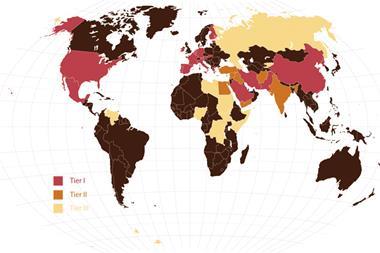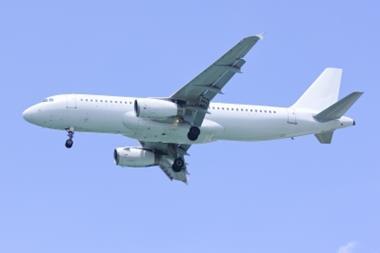Eurasia Group coined the term G-zero to define the breakdown in global governance. In an increasingly divided world the ability to ‘avoid the mistakes of the past’ will shrink
Leading forecasters predict that global economic cooperation and growth will suffer in the future as governments look inwards for their policy decision rather than trying to collaborate on an international stage.
Organisations therefore need a new lens to look at the world of geopolitical risk in the years ahead. Risk experts, Eurasia Group coined the term G-zero to describe this breakdown in global governance (also highlighted by the World Economic Forum).
G-zero sums up the default policy response to a breakdown in global economic governance, which is every nation for himself.
Key global governance institutions like the UN will become arenas for confrontation rather than cooperation as each nation state looks to promote its own specific interests. This will be exacerbated by the fact that major powers, like the US, will lay down their aspirations for global leadership in the face of new competition from emerging markets and country’s like China.
“A lack of coordinated governance on key economic issues will become entrenched and give rise to lasting international conflict,” believes Eurasia. It thinks that the geographic zone mostly likely to see conflict will shift from the Middle East to Asia. “The dominant economic trend of the last half century, globalization, now faces a direct challenge from geopolitics.”
For a brief period following the financial crisis it looked as though governance of the global economy was in the hands of the G20 (a group of finance ministers from the world’s biggest economies), whose members shared an interest in the stability of the international financial system.
G20 cooperation proved a short lived “panic reaction”, according to Eurasia. The Copenhagen Climate Summit in 2009 was perhaps the first indication that it wasn’t going to last. The outcome was worse than if no meeting had take place, said Eurasia’s analysts.
But the clearest indication of the fractious nature of global economics was delivered at two international summits last year. The International Monetary Fund (IMF) meeting in Washington and the G20 get together in Seoul both ended with warnings that the strategies of the world’s leading economies were set in direct opposition to one another.
The biggest breakdown in global cooperation will come in 2011 as governments become split over the merits of stimulus or austerity, added Eurasia. “During these meeting markets will hold their breath hoping they pass without incident.”
In the G-zero climate local power brokers will find it easier to push populist agendas on trade, currency and fiscal policy. As a result, Eurasia believes, there will be no effective development of the BRIC as an effective bloc or coordination of political or economic motives of the “West”.
More positively Eurasia did indicate that greater coordination could grow over time. But at the height of the G-zero there will be no ability to build a nuclear non-proliferation regime. “But it’s not as if the G7 was more effective on that score,” added Eurasia. “financial crisis or no, North Korea and Iran were still going nuclear. And the United States had a tough time drumming up support for military campaigns in Iraq and Afghanistan well before the G20 took center stage.”
“As geopolitics takes on an increasingly geoeconomic hue, all the G20 pledges to ‘avoid the mistakes of the past’ will not prevent the G-Zero from taking hold and sparking other forms of conflict.”



















